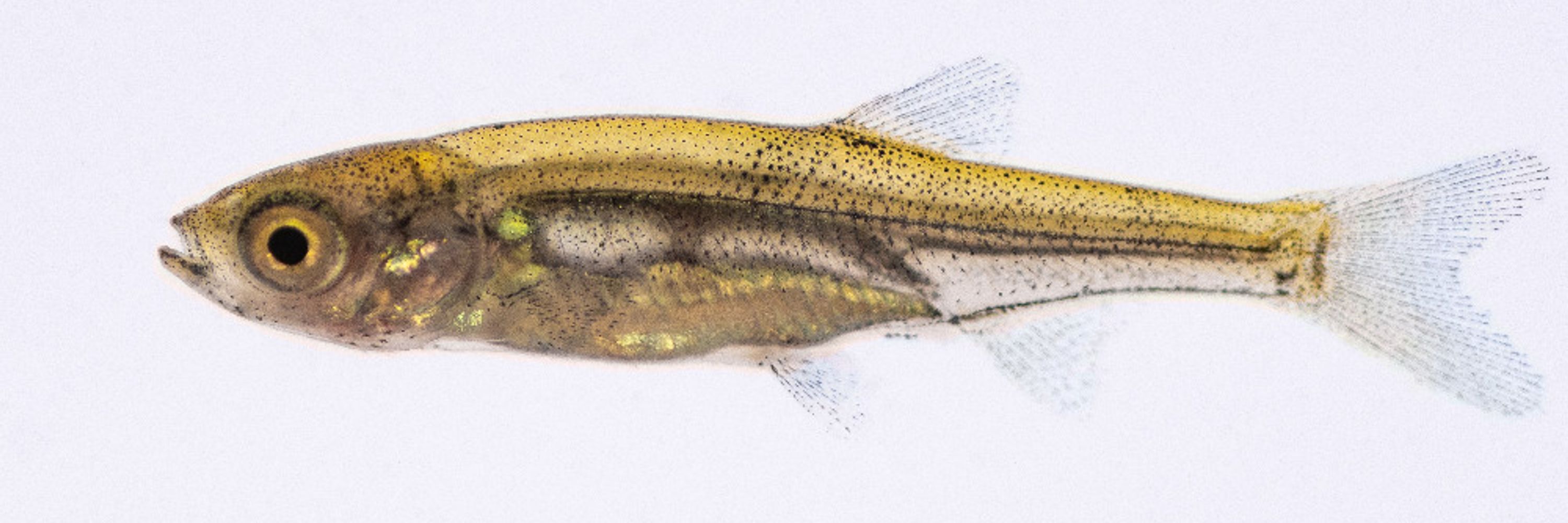Joacim Näslund
@jnaslund.bsky.social
2.3K followers
800 following
300 posts
Fish biologist (Researcher) at SLU Aqua (Sweden). Swedish fish fauna, river restoration, monitoring, invasive species, stock fish aquaculture, electrofishing, species reintroduction, ethology/behaviour, and general fish ecology. Expressed views are my own.
Posts
Media
Videos
Starter Packs
Reposted by Joacim Näslund
Joacim Näslund
@jnaslund.bsky.social
· Aug 25
Joacim Näslund
@jnaslund.bsky.social
· Aug 25
Joacim Näslund
@jnaslund.bsky.social
· Aug 25
Joacim Näslund
@jnaslund.bsky.social
· Aug 25
Joacim Näslund
@jnaslund.bsky.social
· Aug 25
Joacim Näslund
@jnaslund.bsky.social
· Aug 25
Joacim Näslund
@jnaslund.bsky.social
· Aug 25
Joacim Näslund
@jnaslund.bsky.social
· Aug 24
Joacim Näslund
@jnaslund.bsky.social
· Aug 23
Joacim Näslund
@jnaslund.bsky.social
· Aug 23
Joacim Näslund
@jnaslund.bsky.social
· Aug 23
Reposted by Joacim Näslund
Joacim Näslund
@jnaslund.bsky.social
· Aug 13
Joacim Näslund
@jnaslund.bsky.social
· Jul 25
Joacim Näslund
@jnaslund.bsky.social
· Jul 24
Joacim Näslund
@jnaslund.bsky.social
· Jul 24
Joacim Näslund
@jnaslund.bsky.social
· Jul 22
Reposted by Joacim Näslund



